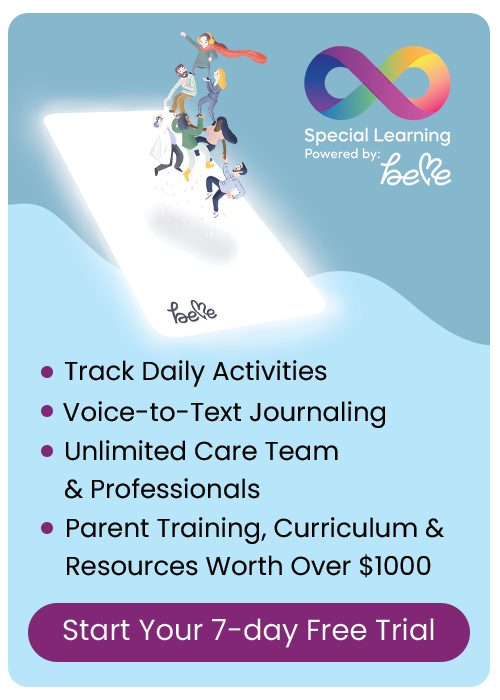Blog Categories
- ADHD
- Applied Behavior Analysis
- Autism Awareness
- Autism Service Providers
- Case Studies
- Dignosis
- Classroom Management
- Credentials
- Ethics
- Family Matters
- FAQs About LIVE Events
- Financial Planning
- Holiday Planning
- IEP's
- Panelists
- Private Equity in Autism & ABA Industry
- Psychopharmacology
- Sensory Processing Disorder
- Speech and Communication
- Subject Matter Experts
- Summer Planning
- Transition Planning
5 Ways to Support Your Teen as He or She Begins a Job Search
Her responsibilities include designing research studies, protocols and evaluation tools, data collection and analysis and writing and editing grants and reports. Cindy is a member of the National Psychology Honor Society and a licensed social worker. She holds an MSW in Social Work Administration from Ohio State University, a BS in Psychology from Wright State University and is currently pursuing a PhD in Forensic Psychology from Walden University.
5 Ways to Support Your Teen as He or She Begins a Job Search
Job searching is a skill that your teen will need to be successful as he or she moves into adulthood. Searching for a job is the first step in obtaining employment and it is important that your teen learn the skills to be able to find a job that is fulfilling for him or her and also something that is enjoyable for your teen. There are several things you, as a parent, can do to help and support your teen as he or she searches for a job.
Make A List
Help your teen make a list of things he or she enjoys and likes to engage in. Try to also make a list of the skills that your teen excels at. These lists will help to drive what kinds of jobs he or she can look for.
Be a Teacher
Offer to job search with your teen. Show him or her where to look for jobs (online, the paper, flyers, etc.) and what the job ads mean. This can be a valuable learning tool for your teen.
Visit and Talk to Employers with your Teen
Take your teen to work with you or have someone you know that is doing the job your teen would like to do bring him or her to work for the day to see what it is like. You can also take your teen to places to talk to potential employers or help him or her ask to job shadow for an hour or two.
Advocate
Get the school involved with your teen’s job search efforts. Have the transition team assist. Also, there may be employment services that serve teens in your area or even summer work experience programs. These are great resources to help with this process.
Practice
Practice skills with your teen. The best things to practice are interviewing skills, conversation skills and soft skills. Social situations at work are difficult for some people with autism. Soft skill practice will help your teen become confident in navigating some of these things. Good things to practice are how to talk to your boss, how to talk to your co-workers, breaks, calling off work, which conversation topics are good and which ones are definite no-nos, etc.
Many teens have after school or part-time jobs. Helping your teen now to learn to navigate the work environment will make his or her job much easier when he or she is ready for permanent employment. The skills you teach your teen now will carry over into a lifetime of good work habits and will allow him or her to achieve as much independence as he or she is able.
RECOMMENDED PRODUCTS
Adolescence and Transition Bundle
Interrupting Social Story Curriculum





